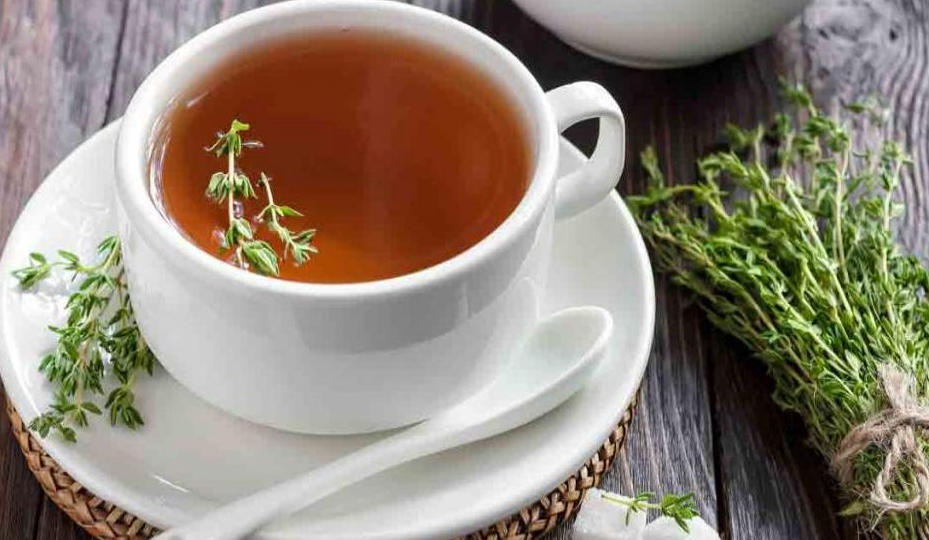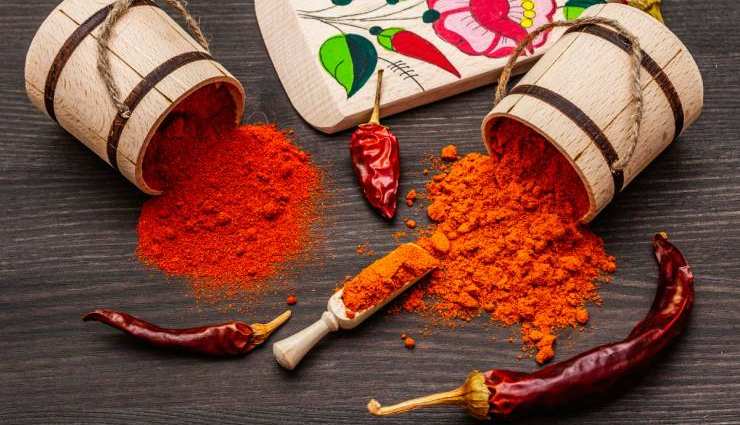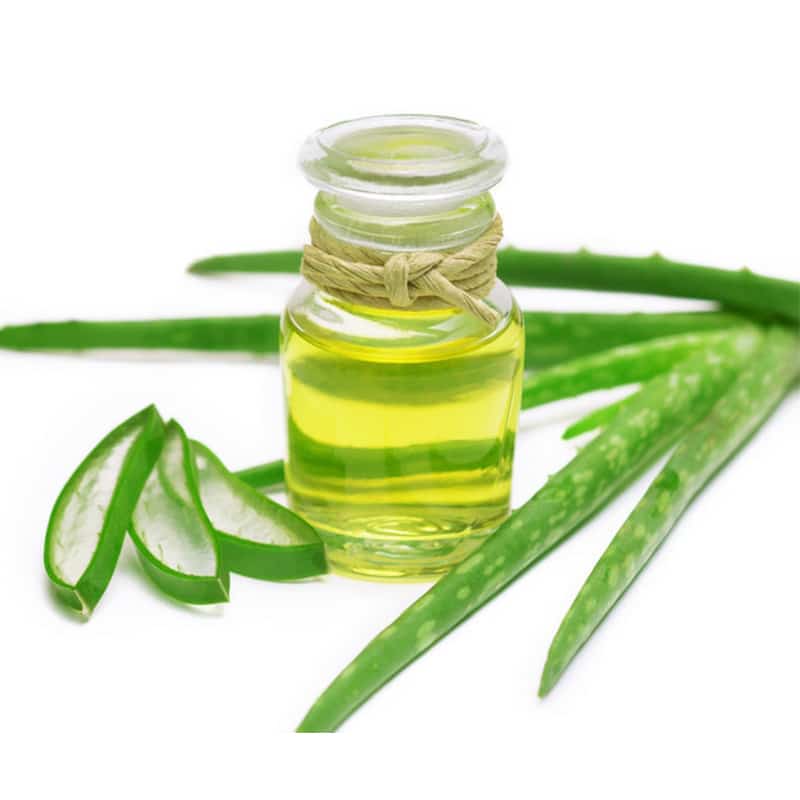Historically, the Greeks, Egyptians, and Romans used thyme to treat a variety of health problems and to embalm dead bodies. Plants of this type grow in the Mediterranean region. In addition to treating a variety of symptoms and problems, thyme leaves and flowers can also be used fresh, dried, or infused with oil, or make tea from its leaves, and it can also be used in food preparation and as an ornamental plant. Additionally, it is anti-fungal, anti-bacterial, and insect repellent.
Thyme tea has the following benefits:
As a member of the mint family, thyme has a delicious taste and many medicinal properties. The following are some of the health benefits of consuming thyme tea:
Spices are a good source of antioxidants: Most plants are rich in antioxidants, but only small amounts are consumed in the diet. Based on a study conducted in 2008, thyme tea is considered the third best type of tea in terms of antioxidant capacity when used for flavoring food. Among the types of tea useful for this purpose are green and black teas, as well as mint teas.
Cancer is caused by free radicals in the body. Antioxidants protect the cells and DNA from free radical damage, so it’s best to consume foods containing these antioxidants, such as thyme and tea, because they contain compounds that help control free radicals.
Skin problems can be treated with products made from plants, and one study conducted by Addis Ababa University found that antifungal cream treated 66.5% of lesions like eczema for people who used it.
Because thyme has a stronger antibacterial effect than benzoyl peroxide, it can be used to treat acne caused by Propionibacterium acnes.
A study found that using leaves of this plant with ivy leaves can help relieve coughs by using oil extracted from thyme leaves. You can drink thyme tea to relieve severe symptoms associated with bronchitis, such as coughing or sore throats.
Strengthening the immune system: Thyme contains vitamins (A, C) and eating these types of plants can help you stay healthy during a cold, although it is also a mineral rich plant.
As a disinfectant, thyme has anti-pollution and anti-mold properties, which helps to eliminate them permanently. Thymol gives it anti-pollution properties.
Thyme oil has many therapeutic and aromatic properties. It contains a substance called (Carvacrol) that affects nerve cell activity. The regular use of thyme or its oil may enhance feelings of happiness.
Throughout the world, thyme is an important spice used in food preparation. In addition to adding it to sauces for pasta and rice, its leaves are also used with meat and poultry.
Thyme contains chemicals such as thymol, thymohydroquinone, which inhibit acetylcholinesterase, thus reducing the risk of Alzheimer’s disease. Alzheimer’s disease is caused by this combination.
Antimicrobial properties: Thyme extract has antibacterial and antifungal properties, and thymol compounds found in this type of plant are used in mouthwashes due to their antimicrobial properties.
Thyme’s nutritional value
A 100-gram serving of thyme has the following nutritional value:
| Nutritional element | Number |
| Water | 7.79 ml |
| calories | 276 calories |
| Protein | 9.11 grams |
| Fats | 7.43 grams |
| carbohydrates | 63.94 grams |
| fiber | 37 grams |
| Calcium | 1890 mg |
| iron | 123.6 mg |
| magnesium | 220 mg |
| sodium | 55 mg |
| Vitamin C | 50 mg |
| Vitamin A | 190 micrograms |
Thyme tea side effects
The herb thyme is generally considered safe for adults, children, pregnant and lactating women when used in moderate amounts, and it can be used to treat various ailments when applied topically. Some medications are recommended because it may cause stomach upset and irritation. If you are taking anticoagulants, cholinergic drugs, or estrogens, you should consult your doctor before taking thyme, and there are some tips on using thyme: Women with breast cancer, uterine cancer, or ovarian cancer. These conditions are aggravated by its similarity to estrogen. Additionally, thyme can cause allergic reactions in people who are allergic to plants in the edible family and increase the risk of bleeding in those who suffer from bleeding disorders.



